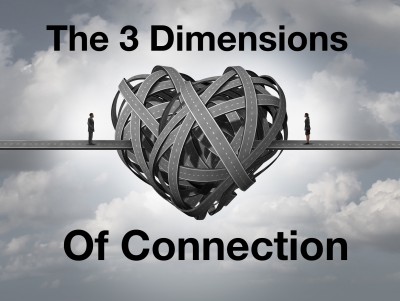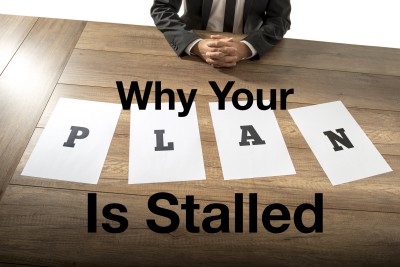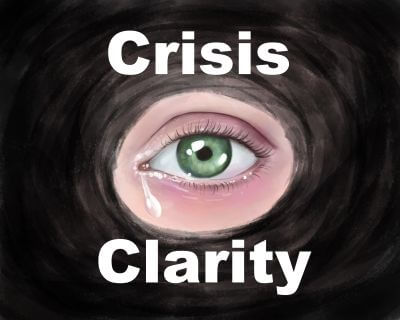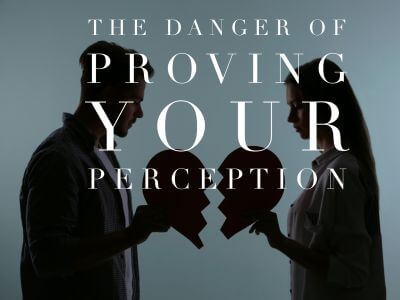The 3 Layers of Connection
https://savethemarriage.com/stmblog/wp-content/themes/corpus/images/empty/thumbnail.jpg 150 150 Lee H. Baucom, Ph.D. Lee H. Baucom, Ph.D. https://secure.gravatar.com/avatar/03d54fba0507d1f6428a9716ceb2aa95966b1e14d24c8e86b162c393f9fd5edb?s=96&d=blank&r=pg Connection is the lifeblood of marriage. In fact, we are wired for deep connection. And while the connection works best within the marriage relationship, it is not singular.
Connection is the lifeblood of marriage. In fact, we are wired for deep connection. And while the connection works best within the marriage relationship, it is not singular.
Many couples find connection in only one or two areas, missing that second or third layer of connecting. Often, over time, this begins to eat away at the connection a couple shares.
Disconnection tends to breed disconnection. When there are areas missing, they begin to chip away at the other areas.
But connection tends to breed connection. As you work to reconnect, and as you focus on all three layers, there is a multiplying effect. Connection deepens and broadens, leading to more and more connection.
Listen to this week’s podcast to discover the 3 Layers of Connection.
RELATED RESOURCES
Save The Marriage System
Why Connection Matters
The Pause Button Marriage
My Books
Podcast: Play in new window | Download
Subscribe: RSS

 Can you save your marriage??
Can you save your marriage??
 Are your efforts to save your marriage getting stalled? Maybe we should take a look at your plan.
Are your efforts to save your marriage getting stalled? Maybe we should take a look at your plan.
 What makes a marriage work?
What makes a marriage work? The email said, “I talked my spouse into going to therapy.” Another one asked, “How do I drag my spouse to therapy?” Oof. The first person was proud of the “convincing.” The second person got my response:
The email said, “I talked my spouse into going to therapy.” Another one asked, “How do I drag my spouse to therapy?” Oof. The first person was proud of the “convincing.” The second person got my response:
